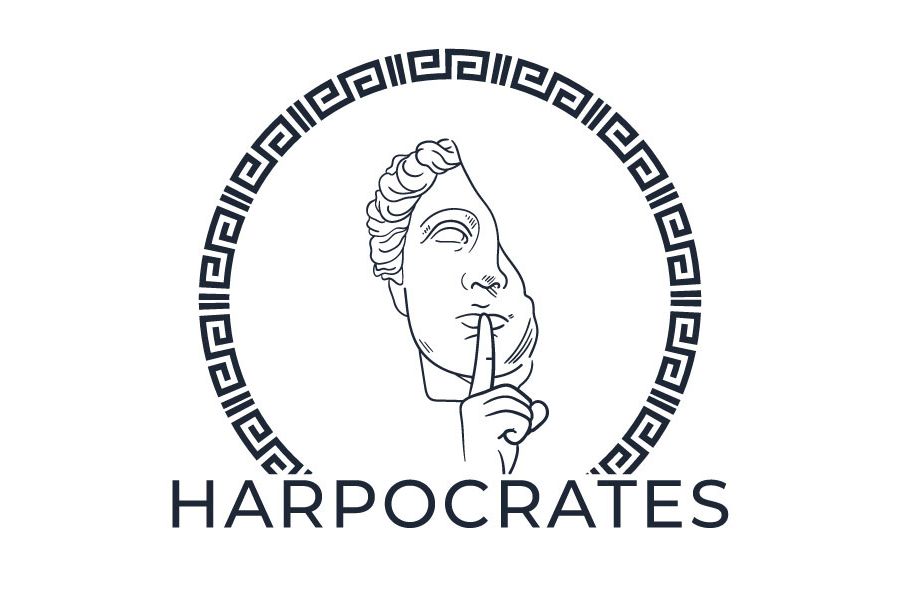Project Name: Federated Data Sharing and Analysis for Social Utility
Open Call Topic(s): Health
Description
To address customers’ needs, organisations rely on large volumes of user data combined with tailored statistical analysis to adapt their services accordingly. Machine learning models are being applied in applications. However, such service improvements and personalisation based on user data analysis increase the risk of privacy loss. Moreover, systems using such models incorporate often inexact, biased, and unfair proxies. The EU-funded HARPOCRATES project will lay the foundation for digitally blind evaluation systems designed to eliminate proxies. The project plans to design several practical cryptographic schemes (functional encryption and hybrid homomorphic encryption) for analysing data in a way that preserves privacy and enables a comprehensive approach where data analytics and cryptography are associated with increased privacy.
The availability of large volumes of user data combined with tailored statistical analysis presents a unique opportunity for organizations across the spectrum to adapt and finetune their services according to individual needs. Having shown remarkable results in analyzing user data, machine learning models attracted global adulation and are applied in a plethora of applications including medical diagnostics, pattern recognition, and threat intelligence. However, such service improvements and personalization based on user data analysis come at the heavy cost of privacy loss. Furthermore, practice showed that systems that use such models incorporate proxies that are often inexact, biased and often unfair.
In HARPOCRATES, we focus on setting the foundations of digitally blind evaluation systems that will, by design, eliminate proxies such as geography, gender, race, and others and eventually have a tangible impact on building fairer, democratic and unbiased societies. To do so, we plan to design several practical cryptographic schemes (Functional Encryption and Hybrid Homomorphic Encryption) for analyzing data in a privacy-preserving way. Besides processing statistical data in a privacy-preserving way, we also aim to enable a richer, more balanced and comprehensive approach where data analytics and cryptography go hand in hand with a shift towards increased privacy. In HARPOCRATES we will first show how to effectively combine cryptography with the principles of differential privacy to secure and privatise databases. Next, we will build privacy-preserving machine learning models able to classify encrypted data by performing high-accuracy predictions directly on ciphertexts across federated data spaces. Finally, to demonstrate how these solutions respond to users’ needs, we will implement two real-world cross-border data-sharing scenarios related to health data analysis for sleep medicine and threat intelligence for local authorities.
Reason for applying to HSbooster.eu services
We are applying for a standardisation booster service in order to get guidance and support in standardisation involvement with regard to the topics of the project. Project HARPOCRATES touches upon several themes that might be suitable for standardisation:
- Trustworthy AI
- Confidential Computing
- Data sharing, data exchange
- Data interoperability
- Threat Intelligence Exchange
We would like to investigate - together with expert support from HSBooster - which standardisation themes are most suitable, i.e. where contributions from the HARPOCRATES project can help advance the standardisation process. Once these are identified, guidance about involvement in the standardisation bodies and processes would be very helpful.
Main Standardisation Interests
The main overall objectives of project HARPOCRATES are to:
- Design practical cryptographic schemes for privacy-preserving data analysis
- Build enablers for secure and privacy-preserving federated machine learning
- Combine cryptographic primitives for privacy-preserving data analysis with confidential computing to provide stronger security guarantees.
Task 5.3 of the HARPOCRATES project is dedicated to engaging with the scientific community and standardisation. An explicitly expected outcome is to disseminate the scientific and technological outcomes in standardization bodies and forums.
Currently, the project has just started and no standardisation activities have been undertaken.
Project Acronym: HARPOCRATES

Grant Agreement Id: 101069535
Start Date:
End Date:
Programme: HorizonEurope
Call for proposal: HORIZON-CL3-2021-CS-01
Funding Scheme: HORIZON-RIA



